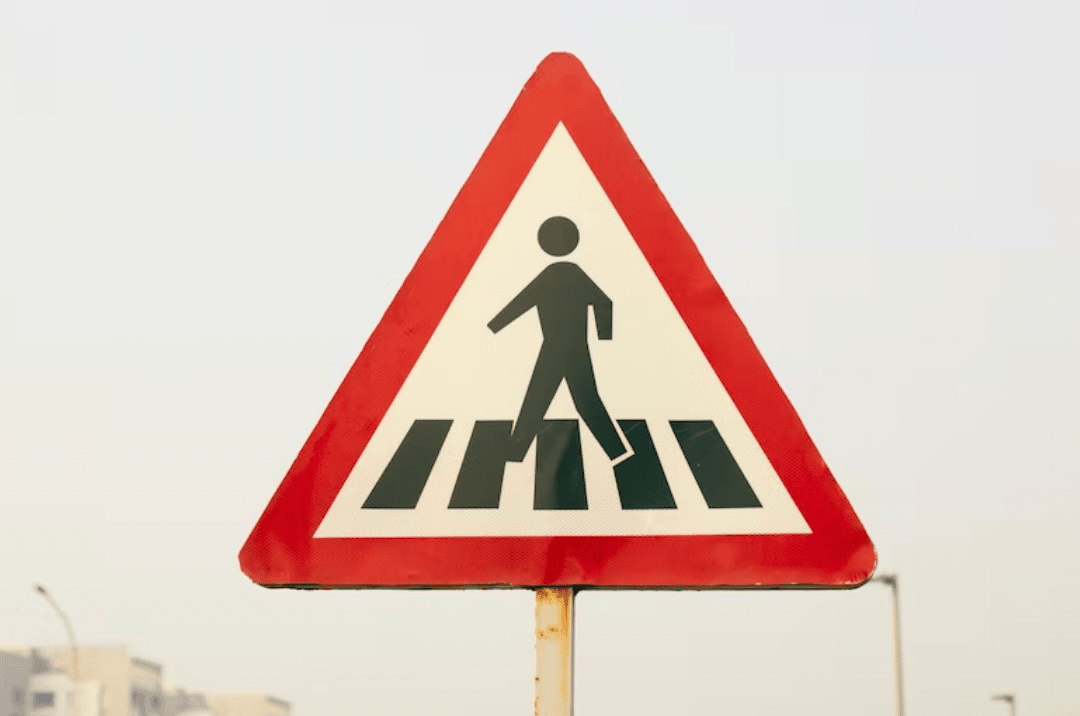Driving abroad can be an amazing experience, but not without challenges. There are many roadside situations that must be completed in a different manner than what drivers are used to at home, along with the culture of navigating unknown roads for more safety. This article will give you 6 important driving facts you should know about while traveling abroad.
Keep Your License On You At All Times
When driving abroad, it is important to keep your license on you at all times. If you are pulled over or involved in an accident, you will need to show your license to the authorities.
In some countries, you may also be required to carry your license with you when renting a car.
Check If You Need An International Permit
If you plan on driving while abroad, it’s important to know the requirements of the country or countries you’ll be visiting. Some countries require that you have an international driving permit (IDP) in addition to your regular driver’s license, while others may not recognize an IDP at all.
An IDP is essentially a translation of your driver’s license into several different languages. You can read more at the 702Firm.com. It is recognized in over 150 countries worldwide and can be obtained through AAA in the United States. If you’re planning on driving in Europe, Australia, New Zealand, or Asia, it’s a good idea to get an IDP.
To obtain an IDP, you must be at least 18 years old and have a valid driver’s license from your home country. You’ll need to fill out an application and submit it along with two passport-sized photos and a fee of about $20 USD. The process usually takes about six weeks, so make sure to plan accordingly.
To find out more about driving in mexico vist the mexican consulate houston tx to learn more
Find Out The Rules Of The Road
It is essential that no matter where you’re visiting, you know the rules of the road. In some countries, the rules are different than in the United States. For example, in Europe, drivers must yield to pedestrians who are crossing the street. In addition, it is illegal to use a cell phone while driving in many European countries.
In Asia, left-hand traffic is used in most countries. This means that cars drive on the left side of the road and turn left at intersections. Right-hand traffic is used in Japan and Taiwan.
It is important to familiarize yourself with the local traffic laws before driving in a foreign country. You can do this by visiting the website of the embassy or consulate of the country you will be visiting.

Make Sure Your Insurance Covers You
When driving abroad, it is important to make sure that your insurance company will provide coverage in the event of an accident. Many insurance companies have policies that exclude coverage for accidents that occur outside of the United States, so it is important to check with your provider before you travel. You may need to purchase additional coverage for your trip, or you may be able to find a policy that provides coverage for international travel.
If you are renting a car while abroad, be sure to check with your credit card company or the rental car company to see if they provide any insurance coverage. You may also want to consider purchasing a separate policy from a company that specializes in providing coverage for international travelers.
Do Not Bring Radar Detectors
Radar detectors are illegal in many countries. Radar detectors can actually make it more difficult to drive safely.
If you are caught using a radar detector, you could be subject to hefty fines or other penalties. There are other ways to avoid getting speeding tickets, such as obeying the speed limit and being aware of your surroundings.
Ultimately, it is up to you to decide whether or not to bring a radar detector with you when driving abroad. However, it is important to weigh the risks and benefits before making a decision.
Use GPS
GPS can be a lifesaver when driving in an unfamiliar country. If you don’t know the area well, or if you’re unfamiliar with the road signs, a GPS can help keep you on the right track.
Of course, GPS isn’t perfect. Sometimes there can be glitches or areas where the signal is weak. And if you’re driving in a remote area, you might not have any reception at all.
If you’re relying on GPS to get around, it’s important to have a backup plan just in case. Bring a map of the area and make sure you know how to read it. That way, if your GPS fails, you’ll still be able to find your way.
If you’re planning on driving abroad, it’s important to brush up on the local traffic laws and be aware of any cultural differences that could impact your drive. By following these tips, you can help ensure a safe and enjoyable trip for everyone involved.




